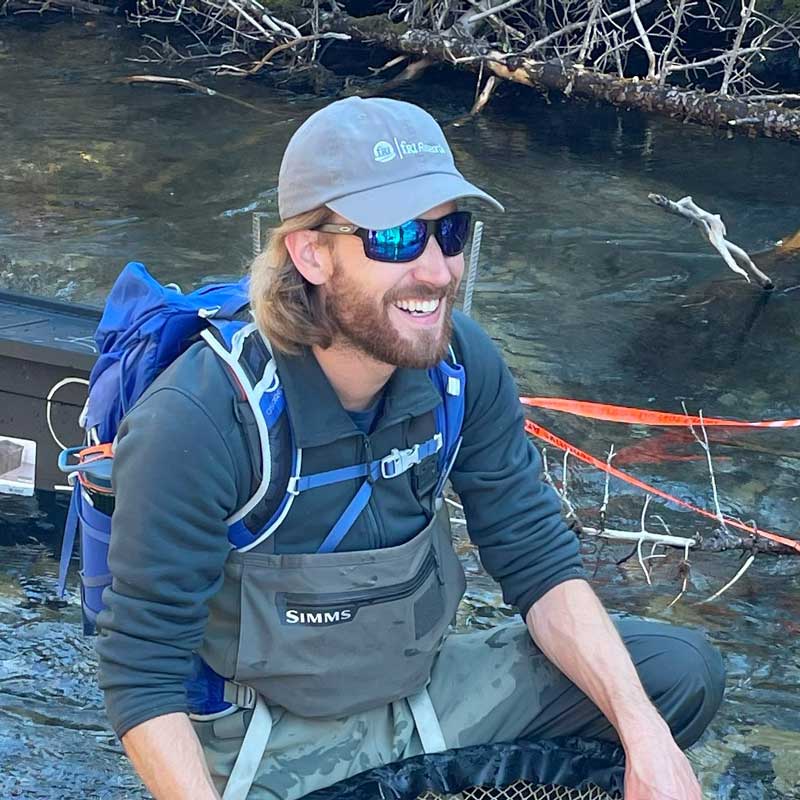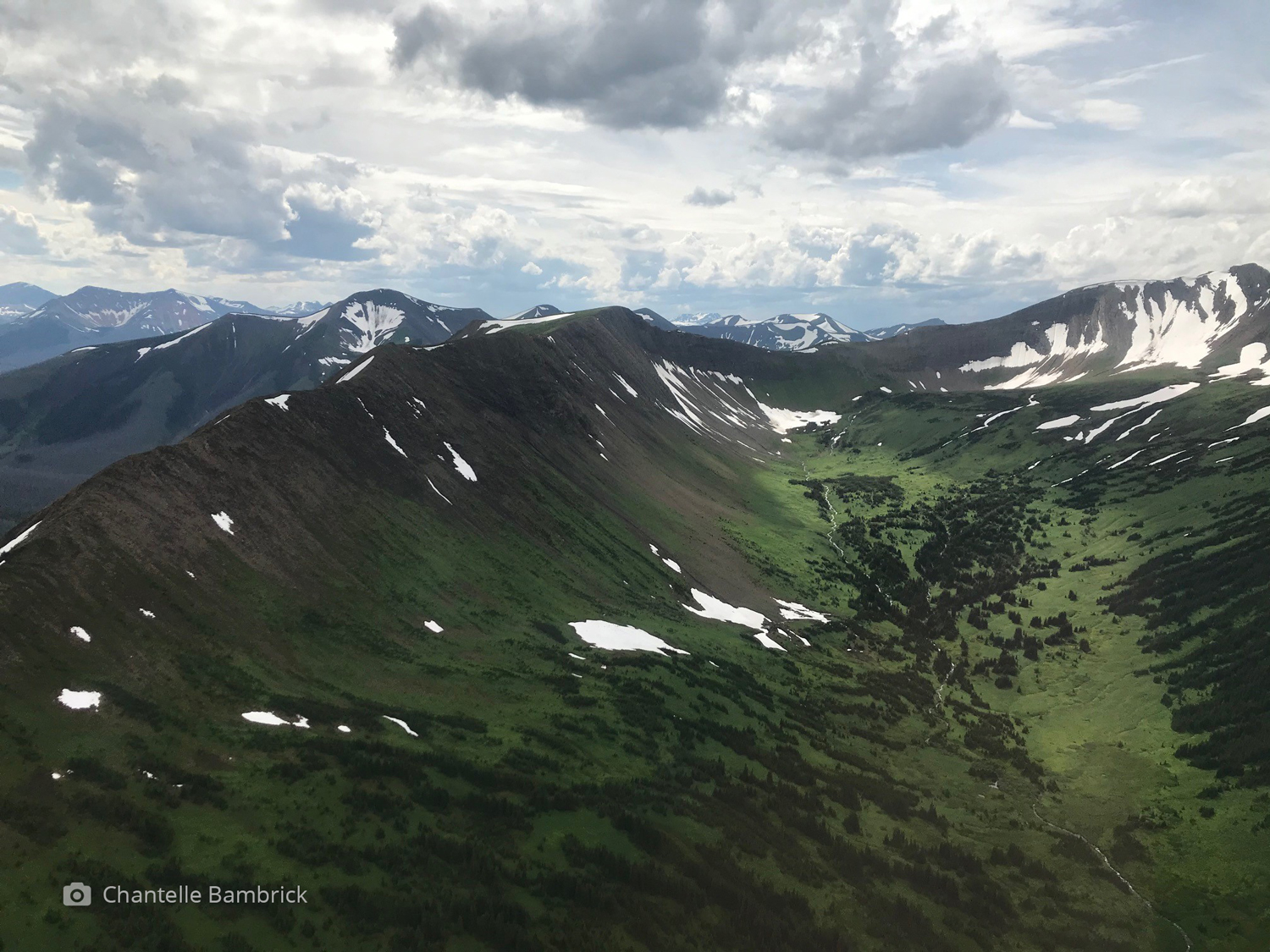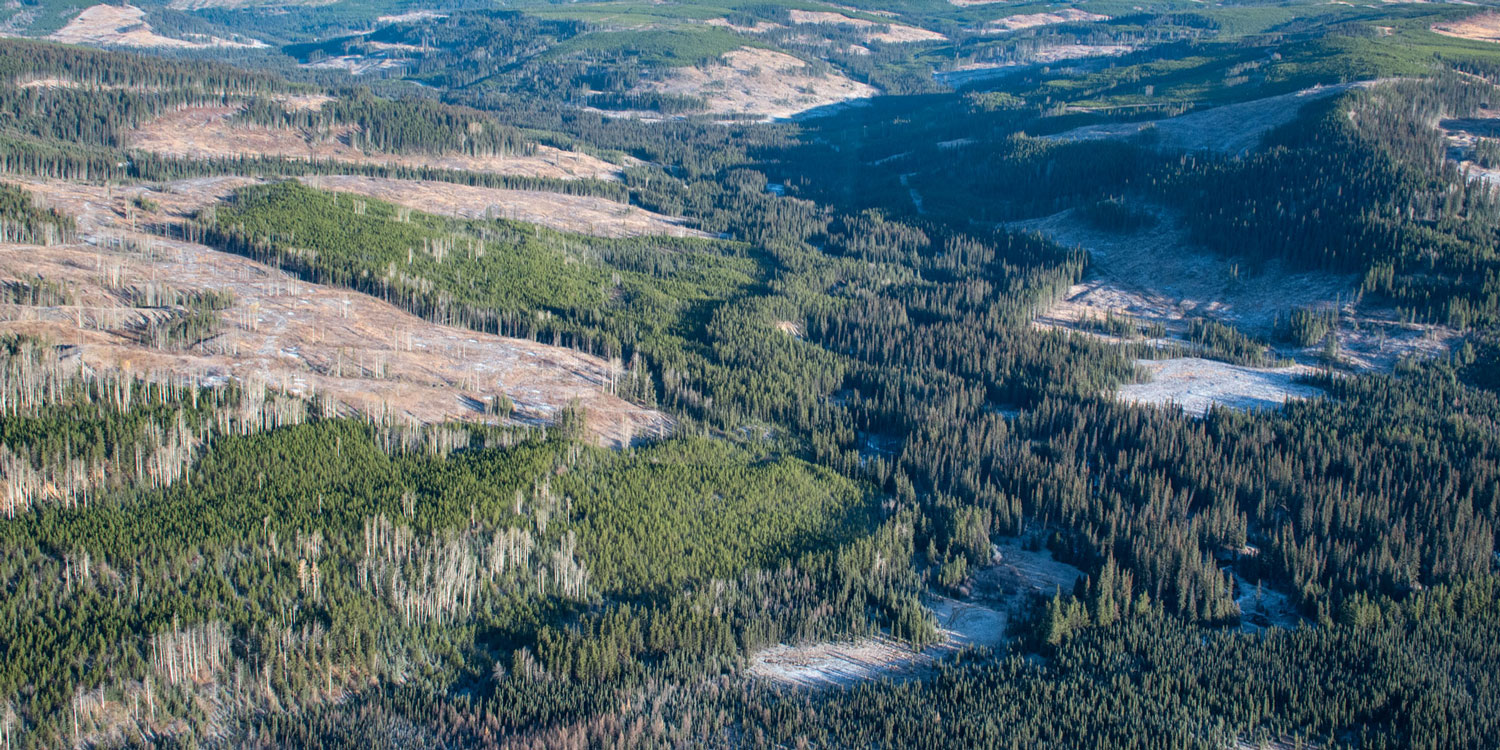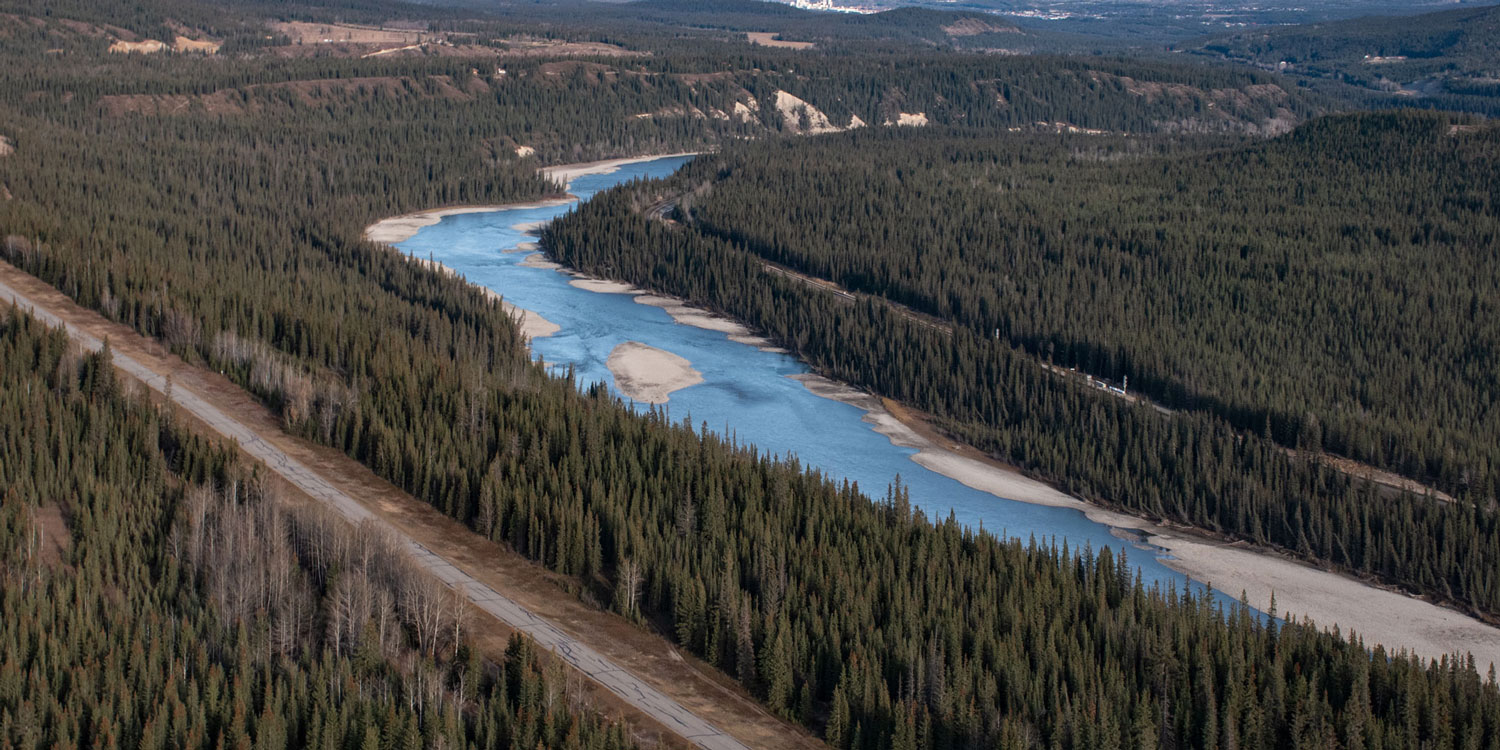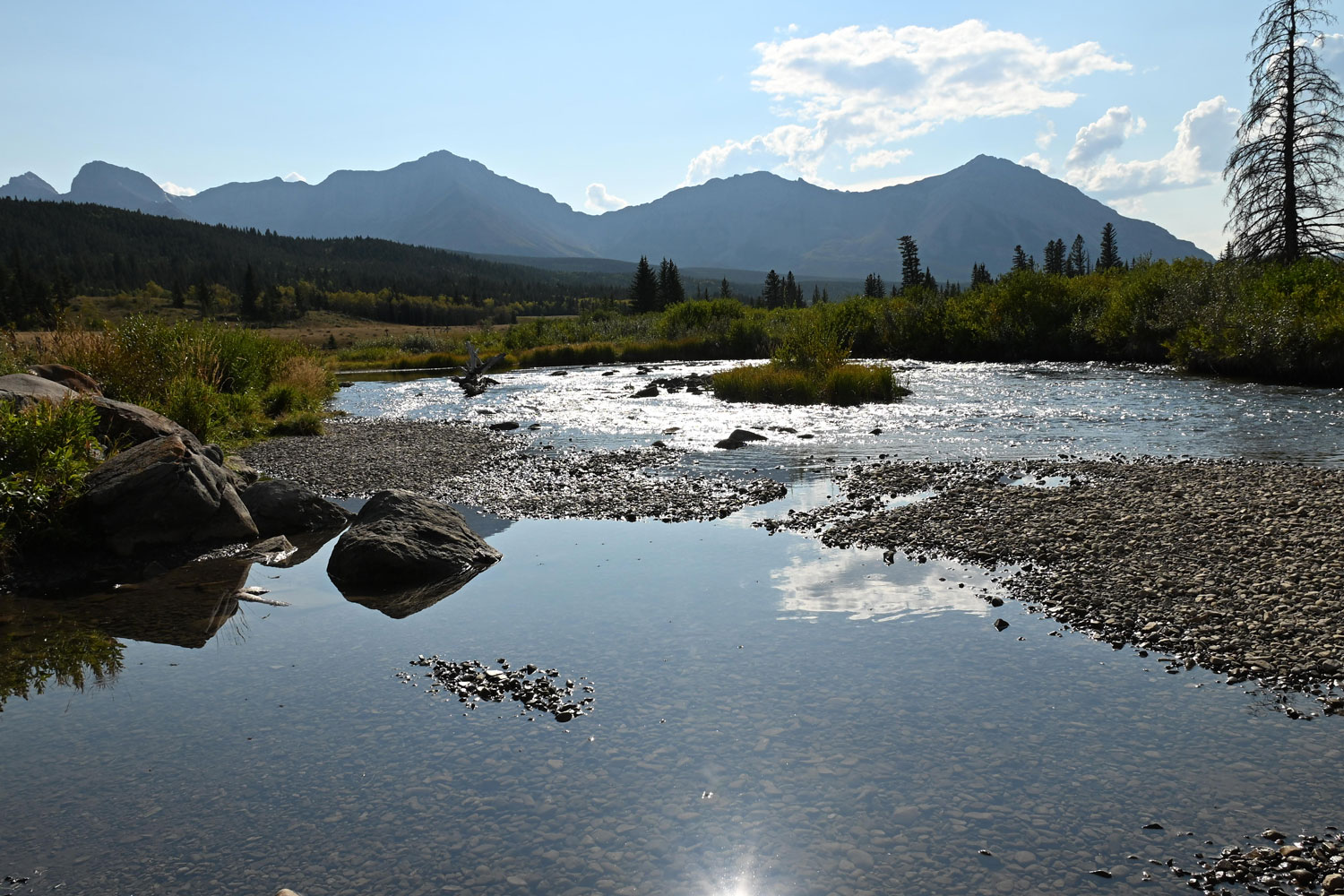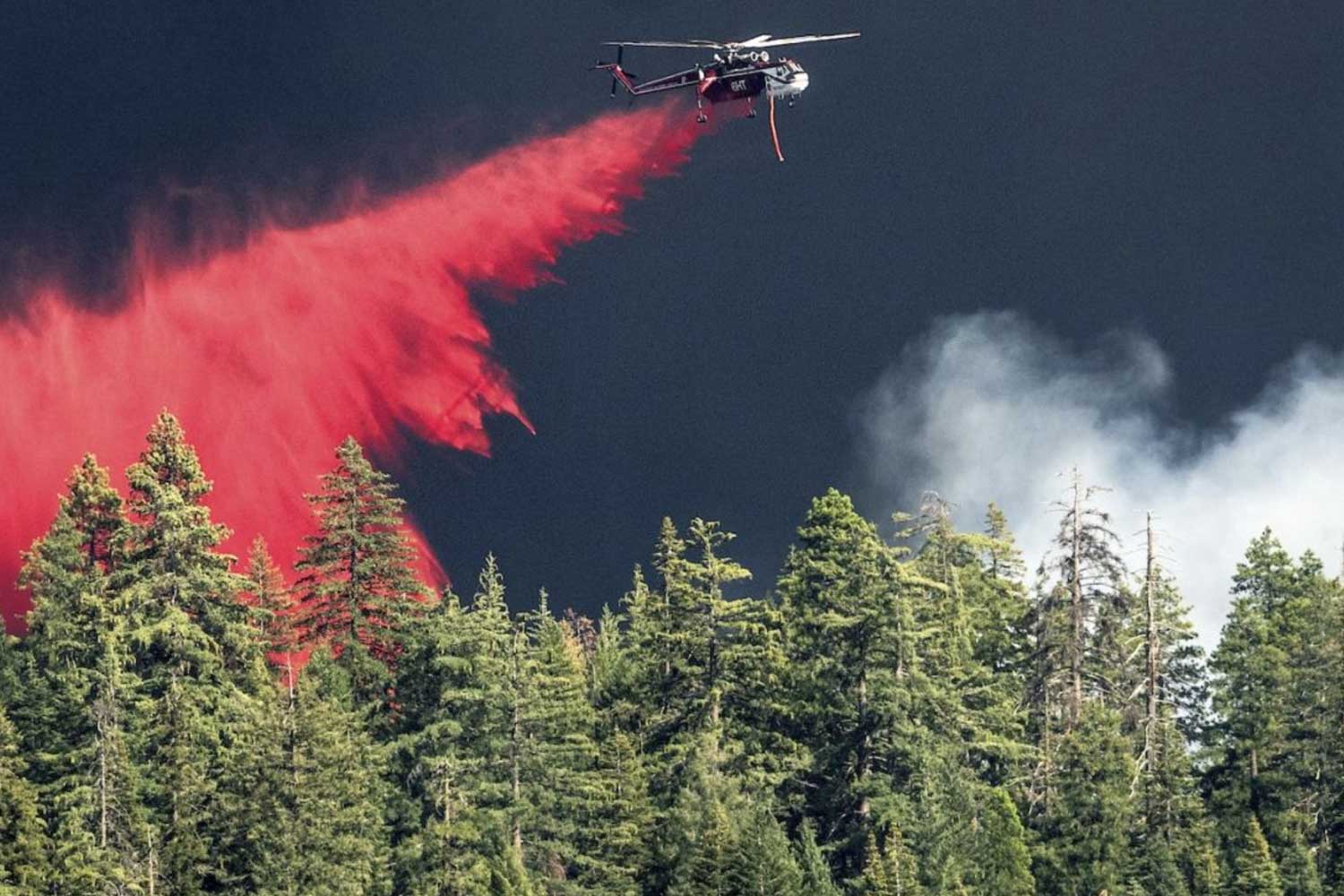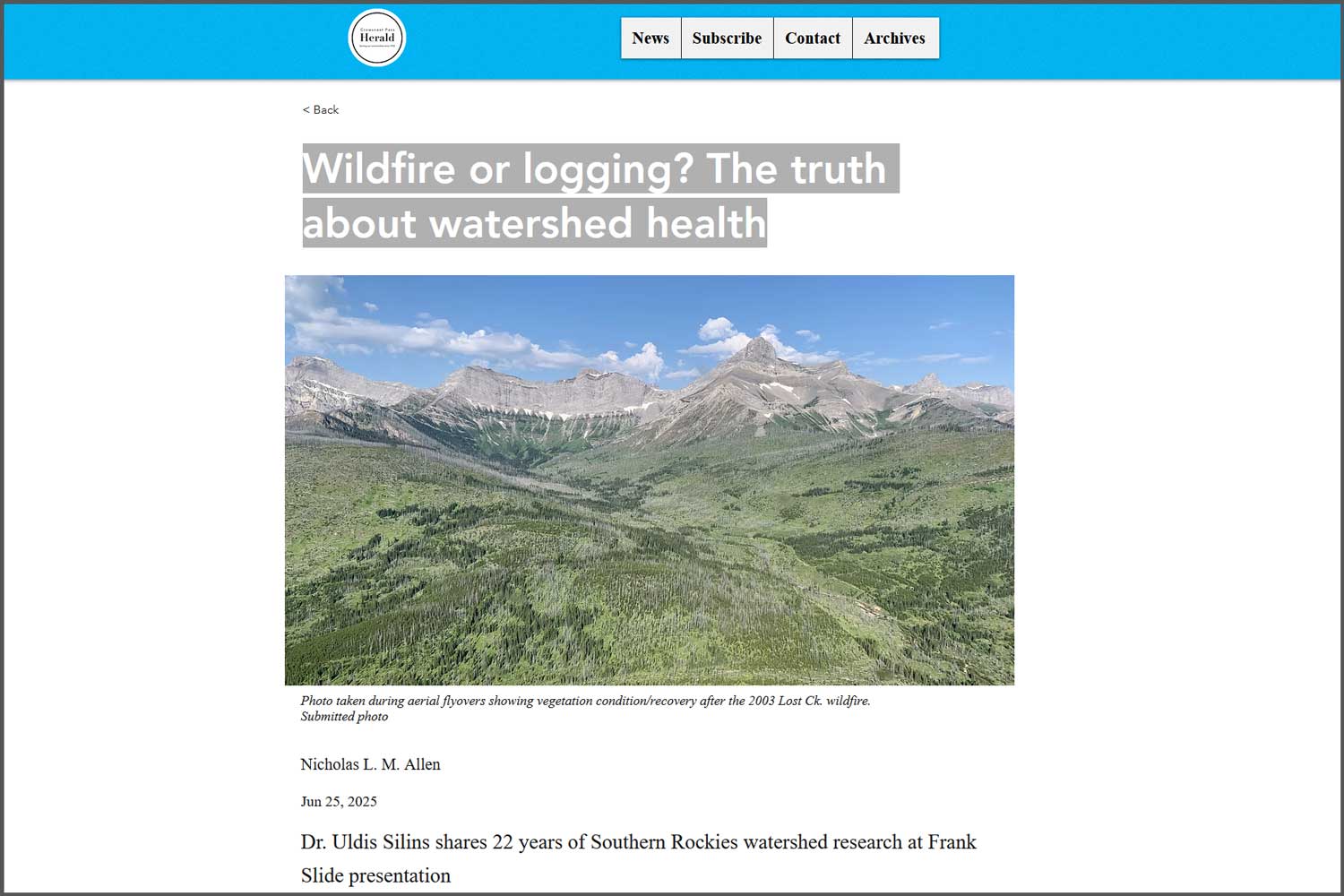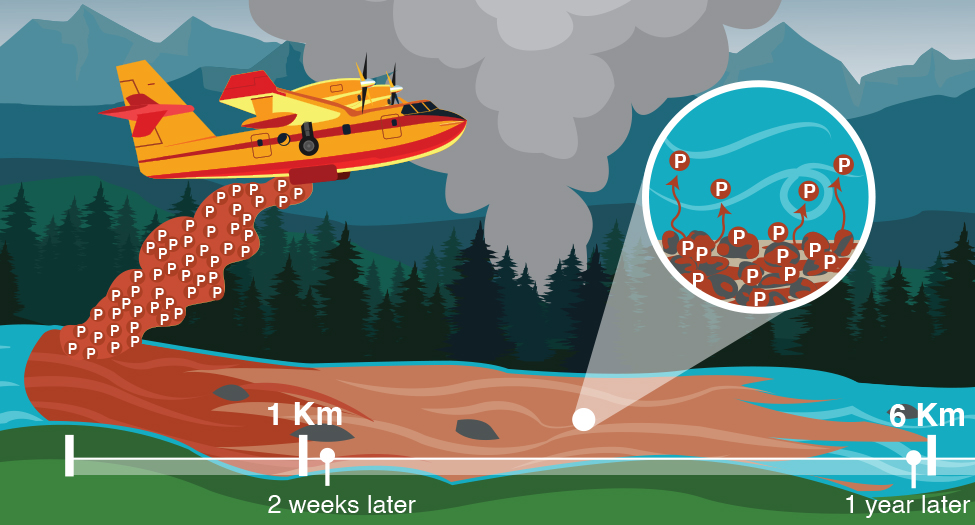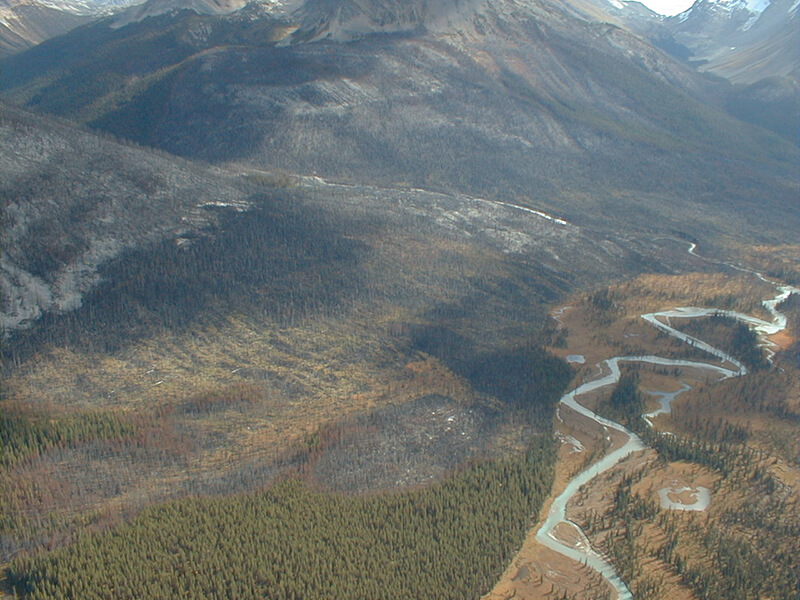
Impacts of Forest Management Practices and Severe Wildfire on Water Quality, Flow Regimes, Flooding and Aquatic Habitats
This work contributes to, and builds on, the internationally acclaimed Southern Rockies Watershed Project. There are two components to this research.
Component 1
Continued watershed-scale core data collection will document recovery of hydrology, water quality, and aquatic ecology from:
- three different forest harvest strategies from 2015 in Star Creek (14 catchments including North York Creek and Crowsnest River)
- the 2017 Kenow wildfire (10 catchments)
This will include a synthesis of research on short and longer-term impacts of forest harvest operations and severe natural disturbance from the 2003 Lost Creek wildfire, the 2017 Kenow wildfire, and historic flooding in 2013.
Component 2
A second component will study the impacts of these disturbances on stream water temperature, aquatic health (CABIN) and evaluate cumulative watershed effects across multiple water values in a large river basin under significant development pressures from multiple sectors (forestry, mining, recreation, agriculture, and municipal development).
About the Southern Rockies Watershed Project
Following the 2003 Lost Creek wildfire, the Southern Rockies Watershed Project was launched to track the impacts of severe wildfire and post-fire salvage harvesting on watershed functions including hydrology, water quality, aquatic ecology, provision of drinking water and drinking water treatment processes.
A second phase of the research leverages the first decade of measurements to evaluate the effects of several alternative forest harvesting practices. Phase two began in 2014 and is still producing insights into the short- and medium-term impacts of forestry on water resources in the eastern slopes.
This project is interdisciplinary, bringing together experts in headwaters hydrology, disturbance ecology, large basin-scale river processes, water treatment engineering, and socio-economics. It also looks at small and large scale impacts from the small headwaters to larger river basin scales.
The principal investigator of this project is Dr. Uldis Silins at the University of Alberta.
Crews sampling across study areas until streams freeze in the fall
Crews sampling across study areas until streams freeze in the fall





